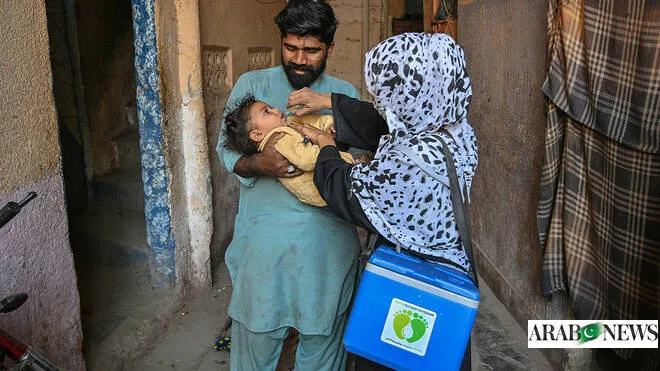Global Childhood Vaccination Efforts Face Setbacks
A recent study highlights a concerning trend: global efforts to vaccinate children against life-threatening diseases are faltering. This decline is attributed to a combination of factors, including economic disparities, disruptions caused by the COVID-19 pandemic, and the spread of misinformation.
The Impact of Economic Inequality
Economic inequality plays a significant role in hindering vaccination efforts. Many families in low-income countries lack access to healthcare services, including routine immunizations. The cost of vaccines and transportation to vaccination centers can be prohibitive, leaving vulnerable children unprotected.
COVID-19 Disruptions
The COVID-19 pandemic has further exacerbated the problem. Lockdowns, travel restrictions, and the diversion of healthcare resources to combat the pandemic have disrupted routine immunization programs. Many children have missed scheduled vaccinations, increasing their risk of contracting preventable diseases.
The Role of Misinformation
Misinformation about vaccines is also contributing to the decline in vaccination rates. False claims and conspiracy theories spread through social media and other channels have eroded public trust in vaccines. This has led to vaccine hesitancy and refusal, putting children and communities at risk.
Consequences and Future Risks
The decline in vaccination rates has serious consequences for global health. It increases the risk of outbreaks of preventable diseases such as measles, polio, and diphtheria. These outbreaks can overwhelm healthcare systems, cause severe illness and disability, and even lead to death, especially among young children.
Threat of Foreign Aid Cuts
Sweeping foreign aid cuts further threaten previous gains. A reduction in financial support for global health initiatives can undermine vaccination programs and other essential healthcare services, reversing progress made in recent years.
Addressing the Challenges
To reverse these trends, it is crucial to address the underlying factors that are hindering vaccination efforts. This includes:
- Investing in healthcare infrastructure and ensuring equitable access to vaccines for all children, regardless of their socioeconomic status.
- Strengthening routine immunization programs and addressing disruptions caused by the COVID-19 pandemic.
- Combating misinformation about vaccines and promoting public trust through education and transparent communication.
- Maintaining and increasing financial support for global health initiatives, including vaccination programs.
Final Overview
The decline in global childhood vaccination efforts is a serious threat to public health. By addressing the underlying challenges and working together, we can protect children from preventable diseases and ensure a healthier future for all.



+ There are no comments
Add yours